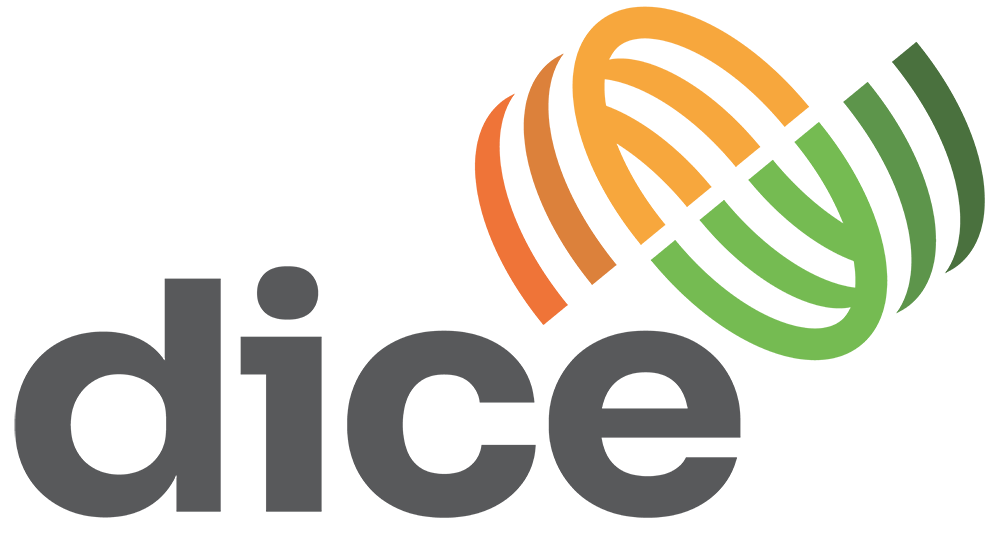Cultural Participation and Inclusive Societies
Have you read a good book lately, seen a film at your local cinema, or visited a new exhibit at a museum? Have you sung with a choir, taken a painting class or started writing a novel? Have you uploaded a video to the internet or created a website? If so, you have been participating in culture. The assumption, then, is that through cultural participation you have been able to express yourself creatively, have been exposed to alternative perspectives, and may have even had opportunities to engage with people with different backgrounds, beliefs or values. In doing so, it might be expected that you would have (or gain) greater tolerance for differences and more respect for and trust in others and that you would acquire the capacity to engage more actively in democratic life.
